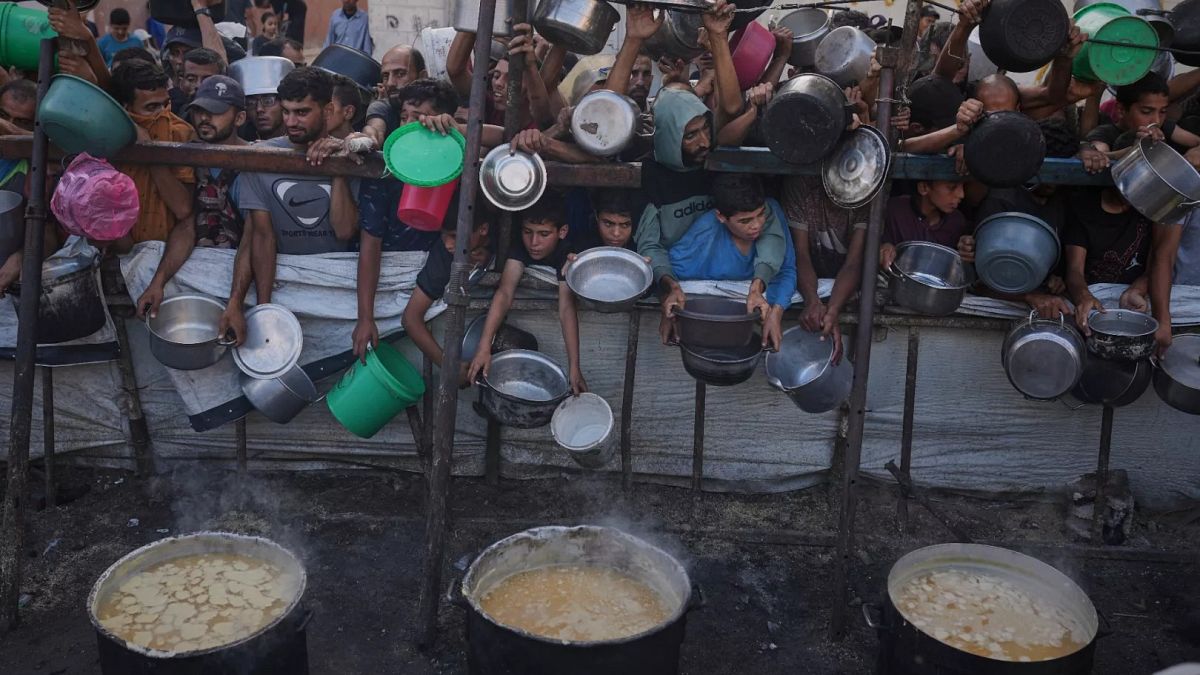

The world today witnesses two profound humanitarian emergencies, one involving an escalating crisis in Gaza and the other, a devastating wildfire in Turkey. These events underscore the immense challenges facing communities across different regions, prompting urgent calls for action and support.
In Gaza, a dire situation looms large as over 100 humanitarian organizations, including notable names like Doctors Without Borders and Amnesty International, have raised concerns over a widespread famine affecting the area. The blockade on aid has significantly limited food supplies, driving communities into severe hunger and hardship. The World Health Organization’s chief, Tedros Adhanom Ghebreyesus, described this as a “man-made mass starvation,” attributing it to the constraints on aid delivery. The lack of sufficient nutrition has left countless children severely underweight and hospital wards filled with malnourished patients.
The gravity of the situation was highlighted in the poignant story of a seven-month-old named Mohammed, whose fragile state reflects the larger tragedy unfolding in Gaza. His tale of hunger and malnutrition is a microcosm of the widespread suffering fanned by insufficient food supplies, amid a backdrop of rising death tolls. Calls for governmental intervention grow louder, with international figures, including the UK’s Foreign Secretary, criticizing the ongoing blockade and the resultant human toll.
Meanwhile, in Turkey, another crisis unfolds as wildfires claim the lives of at least ten forest workers and rescuers. The fires, stoked by high temperatures and strong winds, have ravaged areas between Istanbul and Ankara. Efforts to combat these blazes have been hampered by the challenging weather conditions, prompting evacuations from several villages to ensure civilian safety. The Turkish Agriculture Minister, Ibrahim Yumakli, confirms the loss, urging continued caution as firefighting efforts persist.
The incident in Turkey emphasizes the region’s vulnerability to environmental disasters, and the associated risks faced by those on the frontlines of such emergencies. As communities regroup and support networks rally, there remains a clear need for risk mitigation strategies to prevent future occurrences of such tragedies.
Both situations call for renewed global solidarity and support. The need for humanitarian relief in Gaza joins with environmental resilience efforts in Turkey, painting a picture of the interconnected challenges faced by the global community. Balanced responses that mesh immediate relief with longer-term strategies could play a pivotal role in addressing these crises.
Moving forward, these events serve as a clarion call for wider international cooperation to address not only the immediate symptoms of these crises but also the root causes. It is through such comprehensive efforts that a path to recovery and resilience can truly be forged, offering hope and healing to affected communities.
Source: {link}
